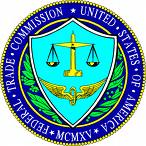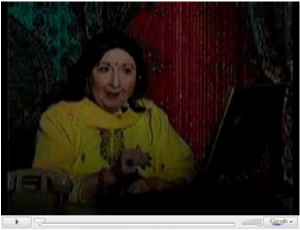 The Federal Trade Commission has begun its crackdown on internet scammers, get-rich-quick schemes, and other frauds. On July 1 the FTC issued a press release detailing some of their actions:
The Federal Trade Commission has begun its crackdown on internet scammers, get-rich-quick schemes, and other frauds. On July 1 the FTC issued a press release detailing some of their actions:
The Federal Trade Commission today announced a law enforcement crackdown on scammers trying to take advantage of the economic downturn to bilk vulnerable consumers through a variety of schemes, such as promising non-existent jobs; promoting overhyped get-rich-quick plans, bogus government grants, and phony debt-reduction services; or putting unauthorized charges on consumers’ credit or debit cards.
The article lists eight (8) early enforcement actions against some high-profile players across a broad range of get-rich-quick niches. Included in the early enforcement actions was TV infomercial regular John Beck/Mentoring of America, which produces “John Beck’s Free & Clear Real Estate System,” “John Alexander’s Real Estate Riches in 14 Days,” and “Jeff Paul’s Shortcuts to Internet Millions.”
Also named was Google Money Tree, for allegedly misrepresenting that they were affiliated with Google and failing to disclose their continuity fee billing.
It’s highly likely that this is just the first of many actions across the get-rich-quick universe, designed to gain some early publicity by tackling a few big hitters. I would not be surprised to see this enforcement trickle down the food chain. Fraud is nothing new, but bad economic times tend to increase the potential market for schemes. Lousy, unethical practices make it harder for legitimate small businesses to use good internet marketing. So I say good riddance to bad practices and let’s see who the FTC focuses on next.
Here’s a video the FTC put together to warn consumers about get-rich-quick fraud:
